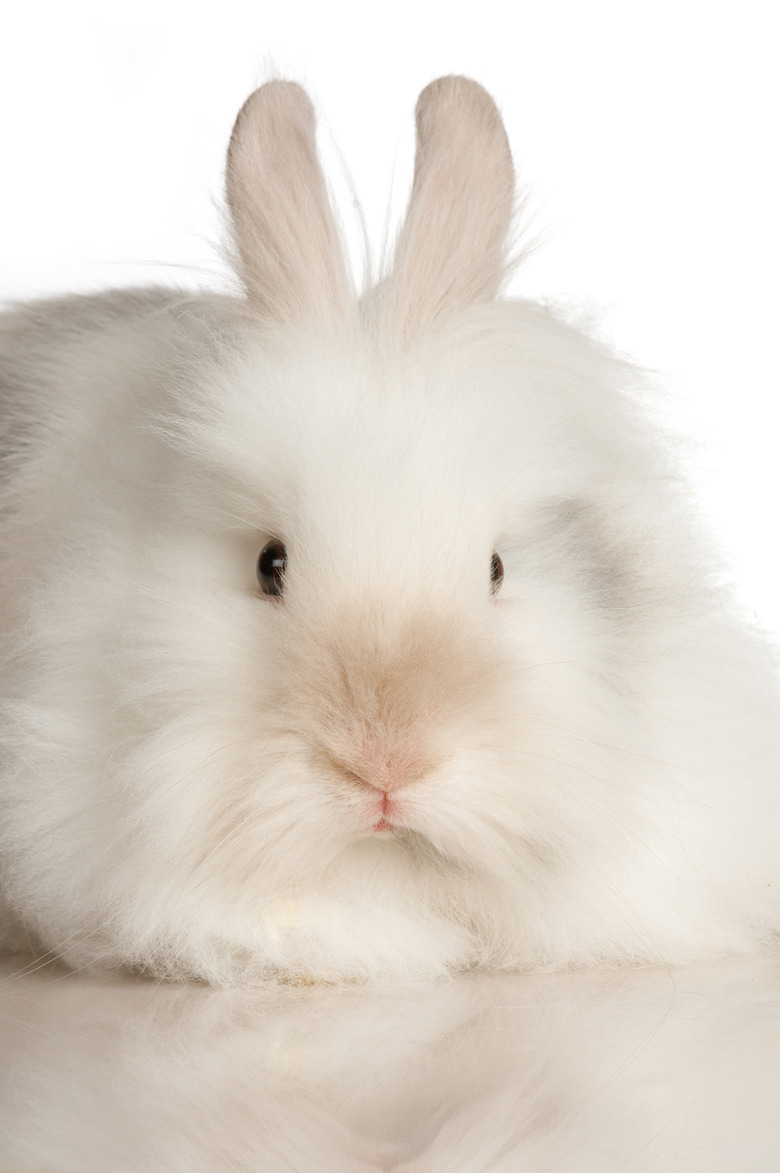The Dangers Of Baking Soda For Rabbits
Baking soda is a great way to absorb odors and clean in the human world. But for rabbits, baking soda can be dangerous. Rabbits ingesting or inhaling baking soda can lead to a host of internal issues, some even fatal. It is important for rabbit owners to know the safety concerns and misconceptions involved with baking soda.
Stomach Rupture
Stomach Rupture
Baking soda can be used to induce vomiting in emergencies. It produces an overwhelming amount of gas when mixed with acid in the stomach. Rabbits cannot vomit, leading to a life threatening condition known as gastrointestinal dilation in which the stomach or intestines rupture. GI dilation is very painful for the rabbit and blocks blood flow to essential organs. Once the stomach wall stretches too far, it will rupture. If you suspect your rabbit has ingested baking soda, call your vet immediately.
Respiratory Damage
Respiratory Damage
Inordinate amounts of baking soda may be inhaled by accident causing respiratory irritation or pneumonia. Respiratory distress or damage from powdery inhalants is more often linked to talc powders — such as baby powder — or dusty clay litter. To be safe, it is best to avoid any kind of dusty material in the rabbit's cage. If using baking soda to clean, rinse well and do not add baking soda to litter.
Safe Litters
Safe Litters
Rather than adding baking soda to litter to help absorb smells, look for a more odor absorbent litter. Litters made from oat, alfalfa, recycled paper products, wood, bark or citrus based products all absorb odors well and are safe to use. Oat and alfalfa litters can cause bloating if too much is ingested, so switch to another product if your rabbit likes to snack.
Symptoms of Gastrointestinal Dilation
Symptoms of Gastrointestinal Dilation
Stomach rupture is the most common cause of death in rabbits with GI dilation. It is therefore important to recognize the symptoms in case of an emergency. Rabbits will be in pain, may be hunched and unwilling to be moved or grinding their teeth. Rabbits with GI dilation will suddenly stop eating. As the dilation progresses, the rabbit's temperature decreases and it will act lethargic. If any of these symptoms occur, rabbit owners should contact a rabbit friendly vet immediately.
